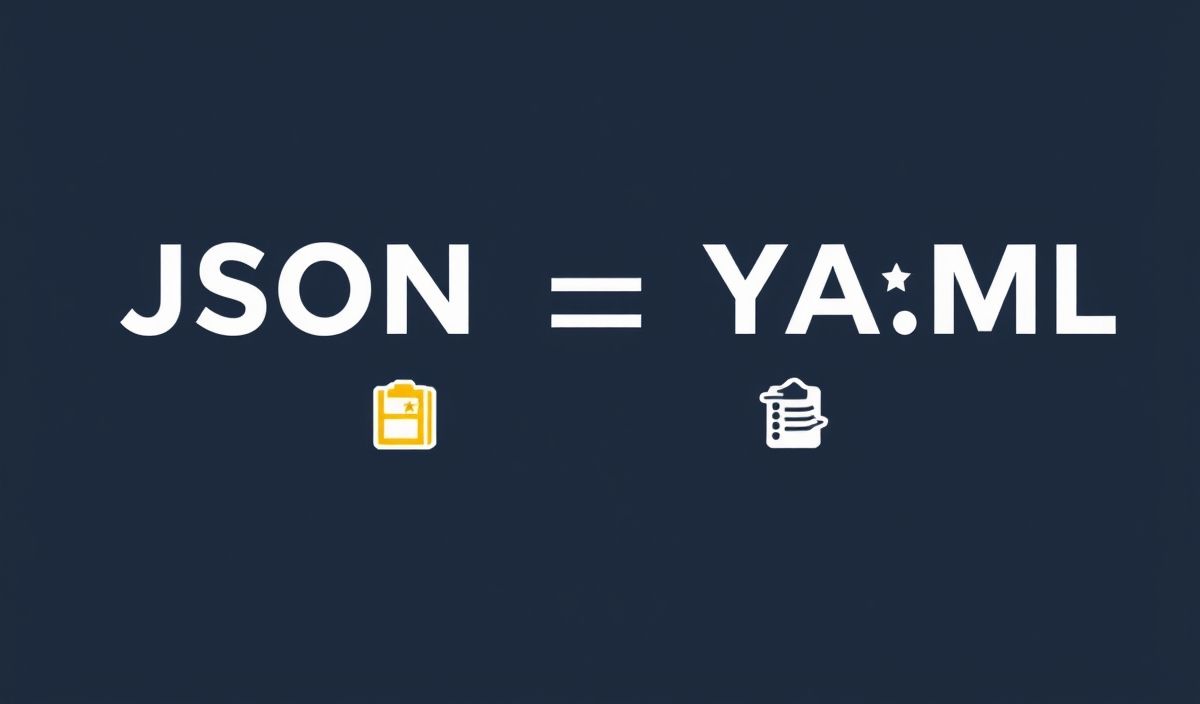Introduction to read-pkg-up
read-pkg-up is a powerful Node.js module that helps developers read the package.json file of a project, along with its resolution path. This module is extremely useful for scenarios where you need to access package metadata without manually traversing modules and directories.
Why Use read-pkg-up
By using read-pkg-up, you can streamline the process of retrieving package information, which can enhance various workflows including dependency management, project initialization, and version control. Here are some of the main APIs and their usage examples:
Installation
npm install read-pkg-upBasic API Usage
The core API of read-pkg-up is straightforward. Here are some common use cases:
Example: Reading the Nearest package.json
const readPkgUp = require('read-pkg-up');
(async () => {
const result = await readPkgUp();
console.log(result.packageJson);
console.log(result.path);
})(); Example: Reading from a Specific Directory
const readPkgUp = require('read-pkg-up');
(async () => {
const result = await readPkgUp({ cwd: '/path/to/directory' });
console.log(result.packageJson);
console.log(result.path);
})(); Example: Synchronous API Usage
const readPkgUp = require('read-pkg-up');
const result = readPkgUp.sync(); console.log(result.packageJson); console.log(result.path); Example: Handling Errors
const readPkgUp = require('read-pkg-up');
(async () => {
try {
const result = await readPkgUp();
console.log(result.packageJson);
} catch (err) {
console.error('Failed to read package.json:', err);
}
})(); App Example
Let’s create a simple Node.js application that uses read-pkg-up to display package information and check if a certain dependency is present:
const readPkgUp = require('read-pkg-up');
(async () => {
const result = await readPkgUp();
const pkg = result.packageJson;
console.log('Package Name:', pkg.name);
console.log('Version:', pkg.version);
const dependency = 'express';
const isDependencyPresent = pkg.dependencies && pkg.dependencies[dependency];
console.log(\`Is \${dependency} present: \${isDependencyPresent ? 'Yes' : 'No'}\`);
})(); This application reads the package.json from the nearest directory, extracts the package name and version, and checks if a specified dependency (in this case, ‘express’) is present in the dependencies list.
By using these APIs and coding examples, you can efficiently manage and utilize your project’s package information with read-pkg-up.
Hash: 887a17b96cf7f71412e1746818ad1bb4f2d7aa0531416e79b103053736f3c005




